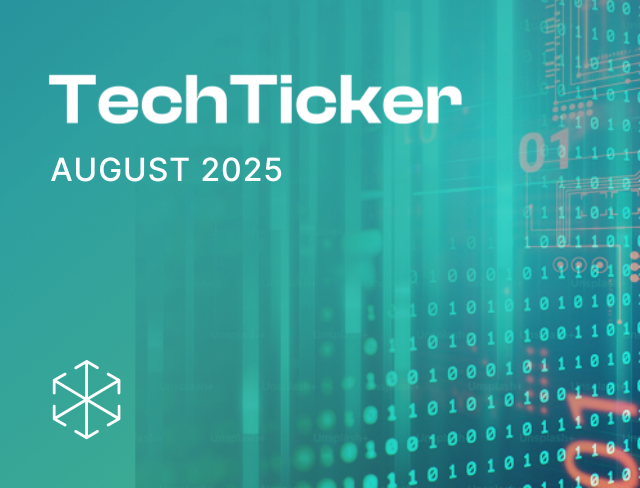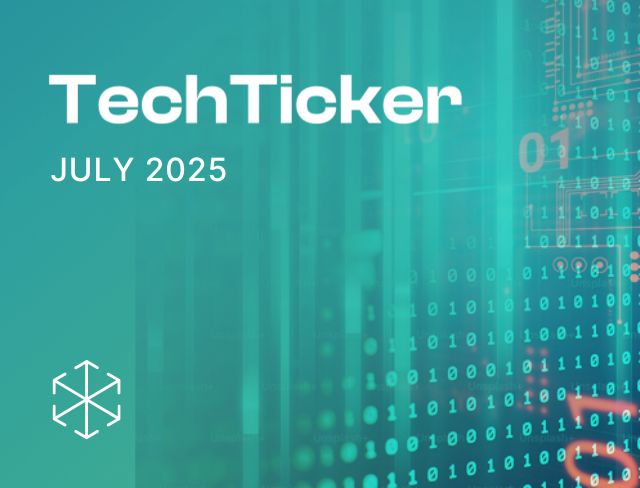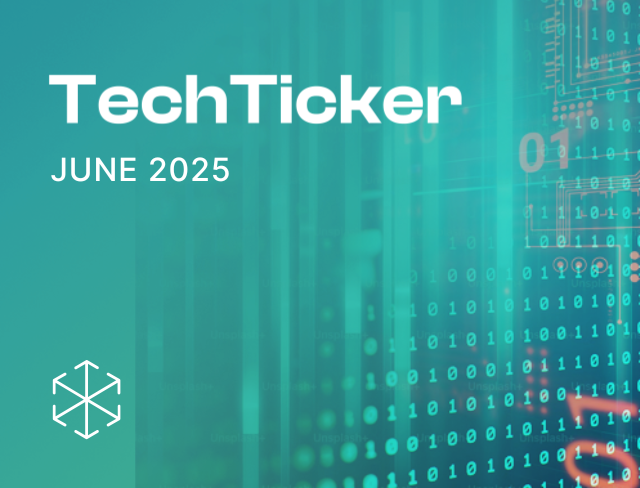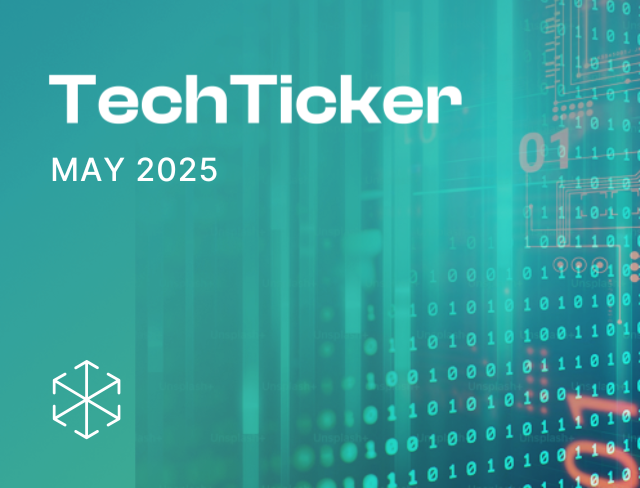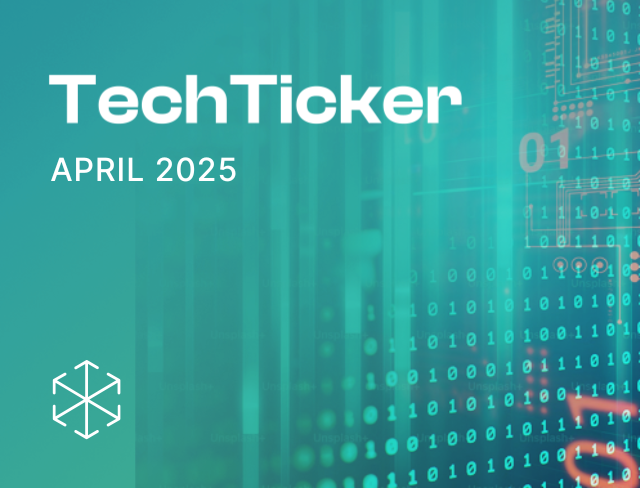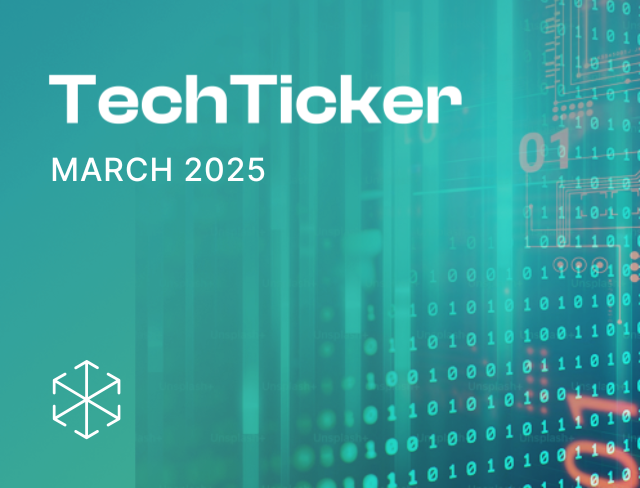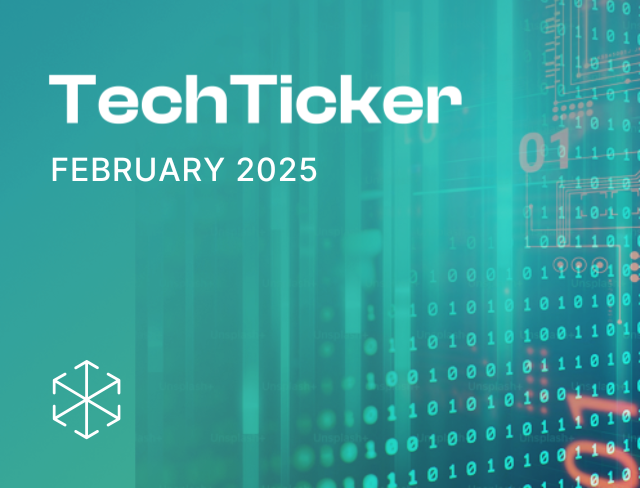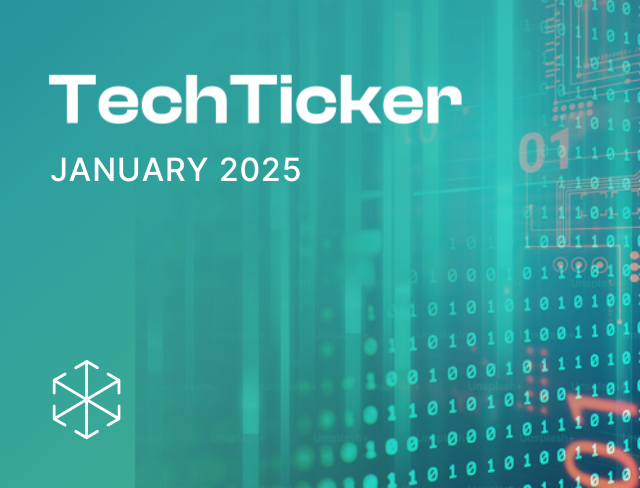Hello everyone,
We hope this newsletter finds you safe and well. Large parts of the world may be locked down, but tech policy developments have continued, as has work (remotely, of course) at Ikigai Law. In the first week of March, the Supreme Court declared unconstitutional the Reserve Bank of India’s notification prohibiting regulated entities from dealing in virtual currencies wherein Ikigai Law represented Koinex, CoinDXC, CoinDelta, Throughbit and certain traders. Subsequently, Anirudh and Tanya interviewed with Business World Legal on the landmark judgement of the Supreme Court and Nehaa and Anirudh also wrote for the Economic Times on the RBI’s law making process being wanting and how to frame technology law and policy. Covering other tech-policy developments, Arpit led with an interesting piece on the political dynamics of the Joint Parliamentary Committee looking at the Personal Data Protection Bill, 2019; Sankalp, Tanya and Anirudh explored how scientific research is funded and penned down a manual analyzing 11 different models of allocating intellectual property between the parties which funding projects and the researchers; Sayanhya wrote on the effect of the UK Bribery Act on Indian businesses; Anirudh prepared a presentation on ‘The Industry 4.0 Opportunity and India’s Policy for Data’; and our intern published pieces on the regulation of big tech and enforceability of electronically executed contracts in India.
Health-tech and Covid-19
The Telemedicine Guidelines, recently published by the Government, recognized virtual consultations in the country. They prescribe the do’s and don’ts for tech platforms that provide these services. This development is a key step during Covid-19 but also has extensive scope for the post-Covid-era. For more, here’s an article by Sreenidhi and Kanupriya, and Sreenidhi’s publication in the Quartz India, on telemedicine and the access to drugs during coronavirus. Additionally, Anirudh interviewed with Invest India where he spoke on the need for effective communication within teams during the Covid-19 crisis. There’s more insightful leads on our YouTube channel with Sreenidhi’s video on the telemedicine guidelines, Arpit’s video to declutter the barrage of Central and State Government notifications and Tanya’s explainer on social distancing norms for workplaces. We’ve also prepared list of FAQs on Central and State Government measures on Covid-19.
Digital taxation
The Finance Bill, 2020 introduced a new 2% equalisation levy on considerations received by non-resident e-commerce operators on account of any e-commerce supply or service. With this, there are now two distinct kinds of equalization levies under Indian law – (a) the 2016 equalization levy of 6% on online advertisement payments made to on-resident companies not having any permanent establishment in India; and (b) the new e-commerce levy. IAMAI opposed the “sudden imposition” of the e-commerce levy, calling it a “shock for the sector in…challenging times”.
E-commerce and data
The Ministry of Electronics and Information Technology and the Department for Promotion of Industry and Internal Trade are reportedly working to minimize overlaps between the awaited e-commerce policy and data laws. Having a sector specific regulator, data localization norms, aspects of critical data (like military and biological) are some of the areas being discussed. On the personal data front, the JPC which is studying the PDP Bill 2019 has requested time until the second week of the 2020 Monsoon Session to submit their report. However, the depositions before the JPC appear to have been further postponed in light of the pandemic, which may also affect the release of the final report. Lastly, Finance Minister Nirmala Sitharaman recently stated that amendments in competition law will be made to regulate e-commerce players in a bid to protect local jobs.
Developments in Industrial Policy
MeitY released a consultation whitepaper on the strategy for a National Open Digital Ecosystem (NODE strategy) which is a marked shift from the Central Government’s earlier positions on digital governance. The adoption of an open digital ecosystem, they believe, can revolutionize all sectors is the country. Reportedly, the deadline for public comments is 31 May 2020. TRAI published its recommendations on ‘Enhancement of Scope of Infrastructure Providers Category-I Registration’. These recommendations focus on enhancing the scope infrastructure providers by permitting them to availing telegraph infrastructure and items needed for Wireline Access Networks, Radio Access Networks, and Transmission Links to meet India’s growing telecom infrastructure needs. The RBI published its ‘Guidelines for Regulation of Payment Aggregators and Payment Gateways’ which requires payment aggregators to be companies incorporated in India, non-bank aggregators to apply for registrations before 30 June 2021 and e-commerce companies to split their marketplace and payment aggregator businesses. Market players responded positively to the capital requirements being brought down from RBI’s earlier draft and welcomed the transparency brought in by the guidelines.
Events
The Economic Times hosted its ‘Global Business Summit’ in Delhi on the 06 and 07 March 2020. Notably, Prime Minister Narendra Modi highlighted the trend of globalisation and technology’s role to make the world ‘inter-connected, inter-related and interdependent’. Union External Affairs minister, S. Jaishankar cautioned that increased connectivity raised internal issues of data protection and data security. Artificial intelligence was extensively discussed, especially in a panel themed the ‘decade of disruption’ and PayPal CTO, Sri Shivananda established a timeline of digital payments and canvased a roadmap for the future.
That’s all from us for the moment. We’ll see you again soon!


